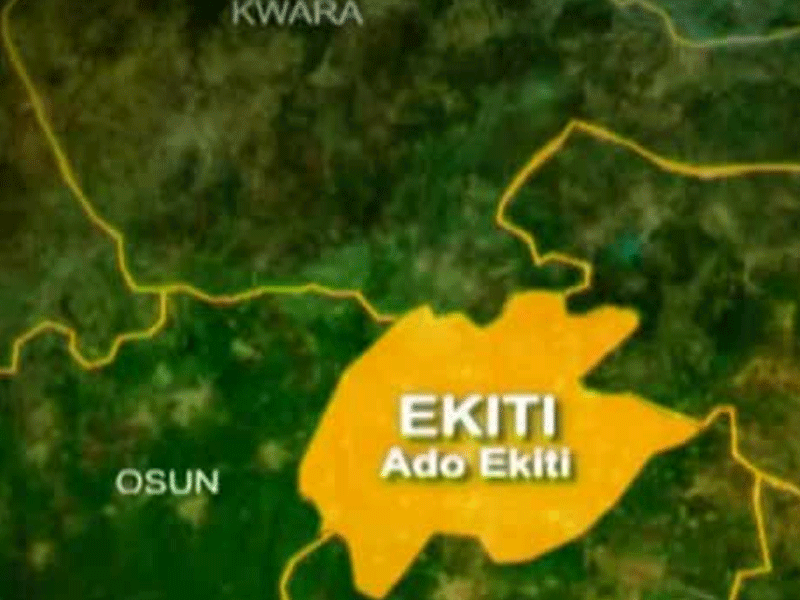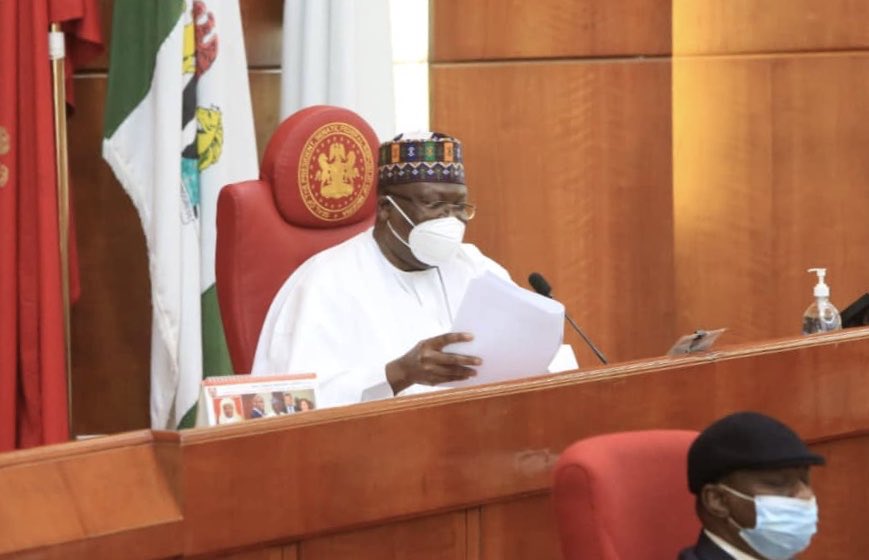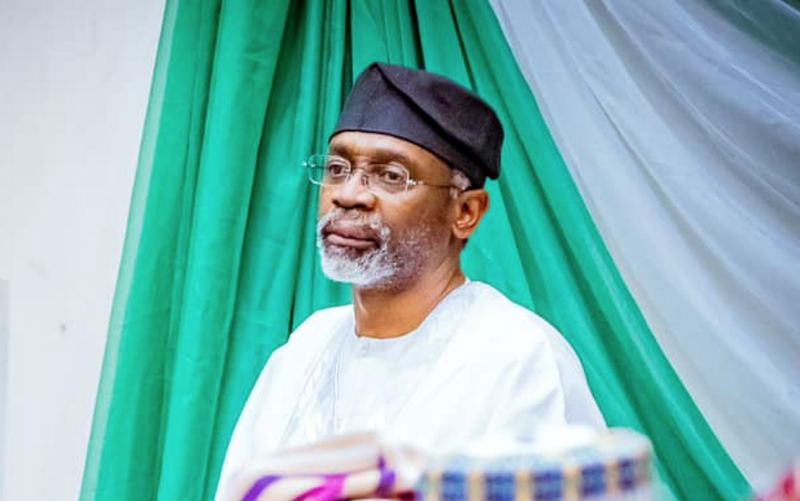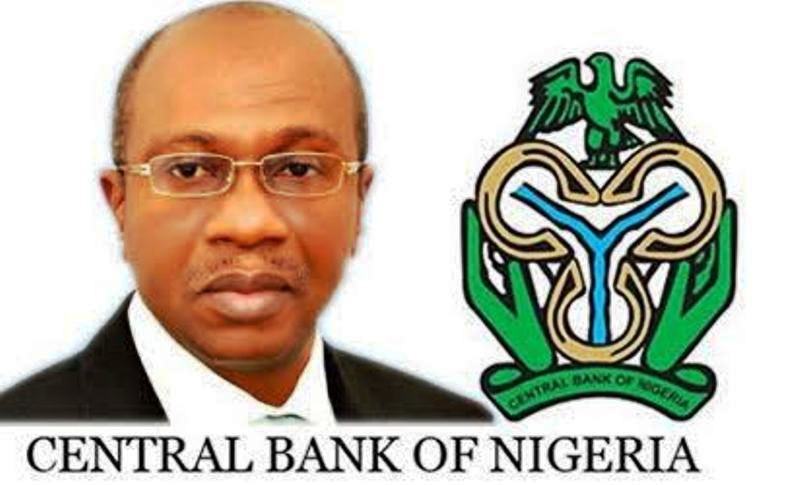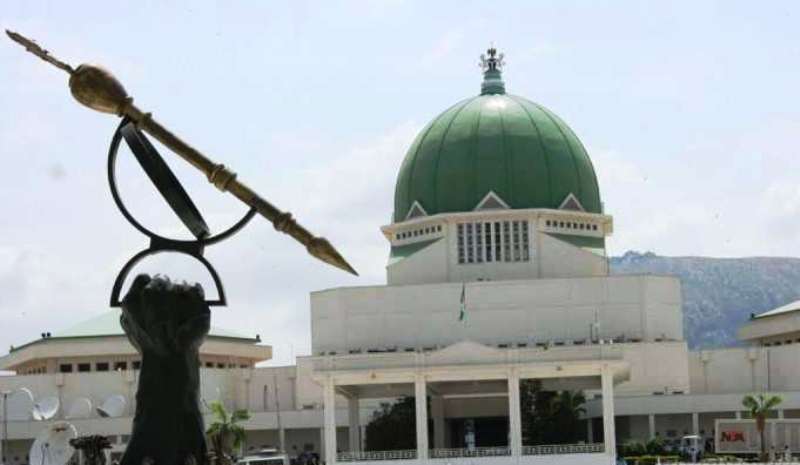A seemingly innocuous document, designed in the form of a Bill to accentuate the beauty and brilliance of the broadcast profession suddenly gained traction penultimate week when the House of Representatives at the National Assembly, called a Public Hearing to put its contents to test. Like everything broadcasting that cannot be hidden, the bill exceeded expectations in terms of quantum submissions, interventions and disagreements.
Authored since 2017, the document called The Society of Nigeria Broadcasting Professionals Council Bill, 2017, has been going through legislative processes until the critical stage of a Public Hearing, wherein the Speaker of the House, Mr Femi Gbajabiamila, announced the Bill as seeking legislative backing to enable the Society of Nigeria Broadcasters bring together,under one fold, all the broadcast professionals for better performances through various development measures.
The Public Hearing appeared only to be the springboard. By the following week, there was a frenzy on television with the various parties canvassing their position on the Bill. In the open there are two parties, those promoting the Bill and the National Broadcasting Commission (NBC), the regulator of the broadcast industry, which seems very uncomfortable with the word, regulation associated with the Bill and other contents of the document that potentially look dubious.
Listening to elucidations from broadcast aficionado and former director general of the NTA, Prof Tony Iredia, the Bill comes in peace with all its good intention to bring glory days to the broadcasting profession through training, career development programmes and mentorship, among others. Prof Armstrong Idachaba, former interim director general of the NBC, doesn’t really disagree with Iredia except that he holds the opinion that some sections of the Bill are superfluous in an industry where you already have the regulator. Also, another former director general of the NBC, Bayo Atoyebi is calling for a detente, saying the parties can sit down to harmonise the Bill for the industry’s good.
For House speaker, Gbajabiamila, “the Society of Nigerian Broadcasters will contribute to the growth of the broadcast industry by serving as advocacy for the broadcast industry.”
Do the broadcasters need a law to perform responsibilities they have carried out so well even pre independence and the troubling days of the military? There are other silent voices at the background which hold the view that something needs to be done to expose the profession to a new height of excellence but are calling for restraints in certain demands “because the fact that you have sent a Bill to the National Assembly does not necessarily mean the Bill will come out the same way!”
Oh more like the words of Prof Ola Rotimi, in his epic play, Kurunmin, saying, “the cow gave birth to a child but she could not lick it because it was fire.” This third group warns that the Bill could spiral out of the scope and permutation of the proponents.
The Bill says: There shall be established a body to be known as the Society of Nigeria Broadcasting Practitioners Council (in this Act called the Council) which shall comprise of Society of Nigeria Broadcasting Practitioners of the highest distinction in the broadcasting profession in Nigeria.
Here are some of the general responsibilities: Formal admission, certification and registration of persons seeking to become Society of Nigeria Broadcasting Practitioners; Prescribing, determining and setting the standards of knowledge and skills to be attained by persons seeking to become members of the broadcasting profession and reviewing those standards from time to time; Regulating and controlling the conduct of the broadcasting profession; To make regulations for the smooth administration and management of the Council and profession from time to time; To endorse the establishment, incorporation or adoption of a single unified body or association for broadcasters which all broadcasters shall belong upon being registered and which shall serve to represent and coordinate the interest of all professional broadcasters in Nigeria.
The Council also seeks to establish an institution for the certification of professional broadcasters. Good intentions except for the hidden mines in the innocent wordings of the Bill which others are quick to point out.
One observation here. The Bill comes in the life of this administration and that speaks volumes which is summarised by Iredia in the following words: “There is political manipulation at the top which we are trying to stop.”
To further break this down, apart from trying to improve the fortunes of the broadcasting profession and the industry, the broadcasters are simply responding to the regulatory capture which has befallen the broadcasting industry since the advent of the President Muhammadu Buhari administration. Since the NBC was established in 1992, never has there been such meddlesomeness by any administration in the operations of the Commission, to the extent that some of its functions have been subterraneanly intercepted by the Ministry of Information and Culture.
Prof Iredia is also canvassing for the broadcasters to regulate themselves while the NBC should carry out its primary function of issuing licenses to those who want to venture into the business of broadcasting. The Bill readily points to the Nigerian Medical Association (NMA) and the Nigerian Bar Association (NBA).
Like a party in a dogfight, the NBC argues that there is already a regulatory body in the industry which has the capacity to handle some of the fears raised by the proponents of the Bill. Apart from processing licenses for applicants, the NBC says the NBC ( National Broadcasting Commission Act, Cap. N11, Laws of the Federation of Nigeria , 2004) also empowers it to carry out the following responsibilities: Regulating and controlling the broadcasting industry; and Establishing and disseminating a national broadcasting code and setting standards with regard to the contents and quality of materials for broadcast.
While acknowledging the desirability of the Bill, the NBC made suggestions on possible modification of name, and also referenced the NBA and the NMA on what it feels appropriate and accommodated by the NBC Act.
A particular document this writer is privy to noted that like the NBA,NSE and NMA, there are several self-regulatory associations and societies but their establishing statutes don’t portray them essentially as regulatory agencies. They indeed liase with a statutory regulatory agency.
A very respectable voice in the industry is of the opinion that the broadcasters and the regulator don’t need the politicians to meddle in the relationship between them, otherwise the politicians might squeeze out some advantages for their efforts to the pain and shame of the industry.
I agree with that elder of the industry. I am also of the opinion that the broadcasters can do anything to boost the quality of their trade without waiting for politicians to make laws for them. The National Association of Broadcasters (NAB), which was formed in Chicago in 1922, is a trade association and lobbying group which represents more than 8, 300 terrestrial radio and television broadcasters in America. NAB is not a product of the law but of the industry. The association is so successful that every year, it gathers the broadcast world in Las Vegas for the NAB Conference and Exhibition where pace and tempo are set for the industry in terms of knowledge and hardware. The Nigerian broadcasters know this, because some of them go to Vegas if only to espy the direction of the industry.
Some of the big broadcasters in the country today started their trade from the FRCN Training School in Lagos and the TV School, Jos. Pray, why can’t our broadcasters revamp the institutions with state of the art facilities and position them as some kind of finishing schools? There is still so much talk about going to BBC training school; I am pressed to think that our broadcasters have earned enough epaulets to do even better without searching for any law to help them.
Except there is any other intention behind the SNB Bill, I suggest that the NBC and the broadcasting industry operators should conference together to resolve whatever lingering issues that can encumber that Bill so that broadcasting can enjoy the advantages arising there from. I actually believe that the NBC has been in so much trouble in the past seven years that it needed help from the industry to help canvas for a free regulator instead of pushing it deeper in the mire.

